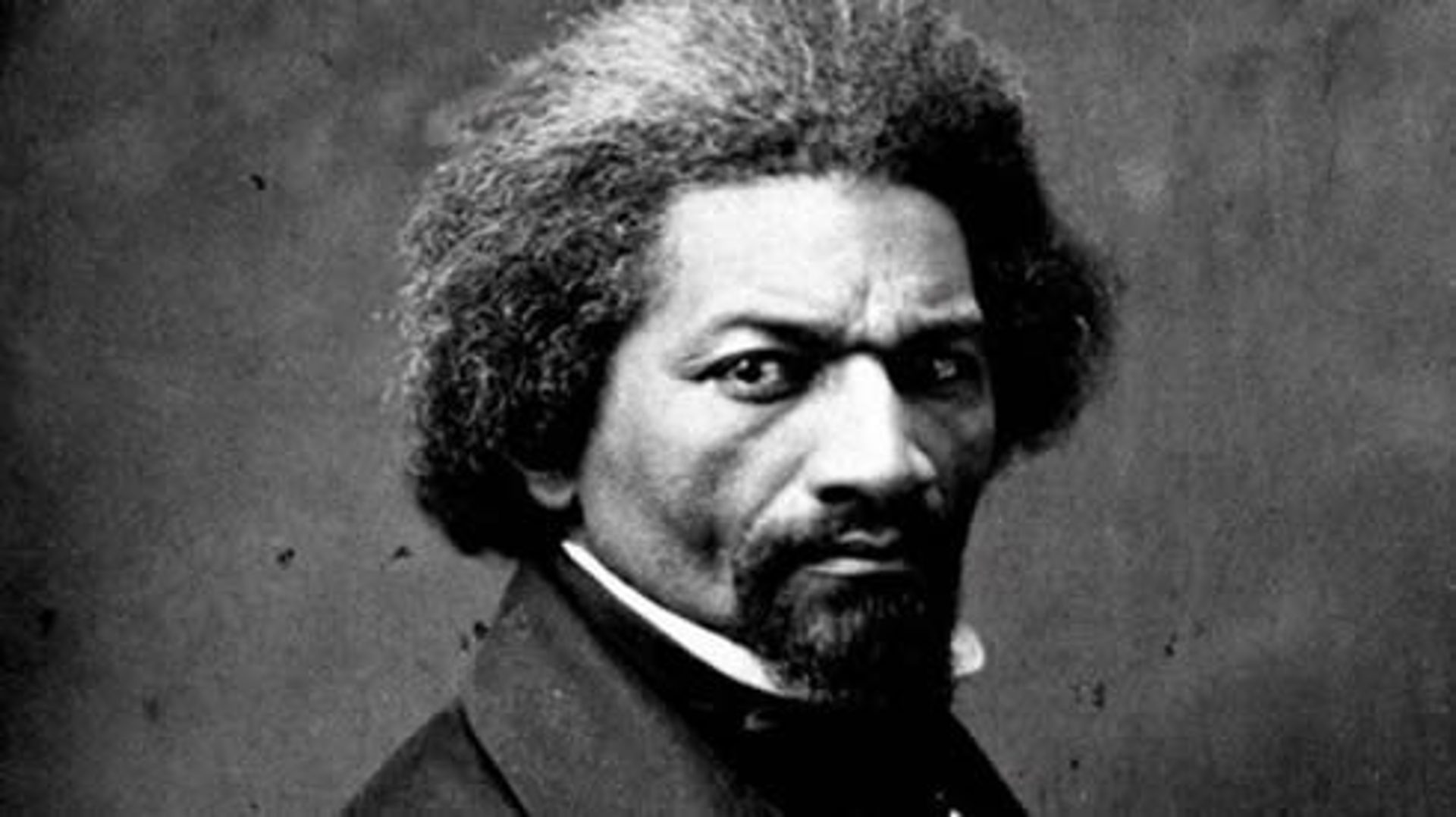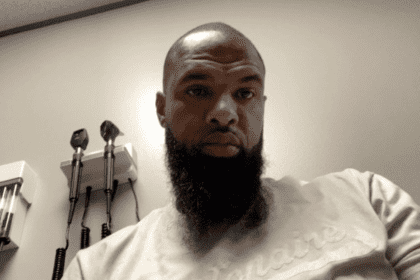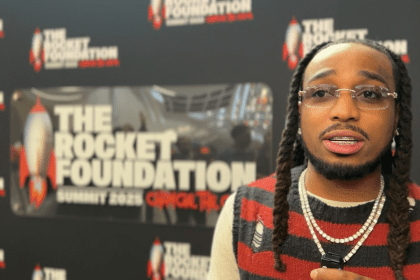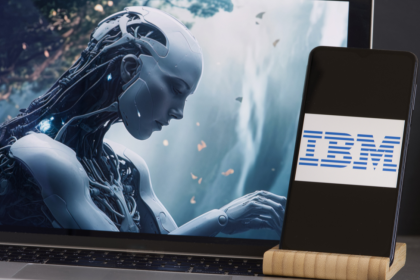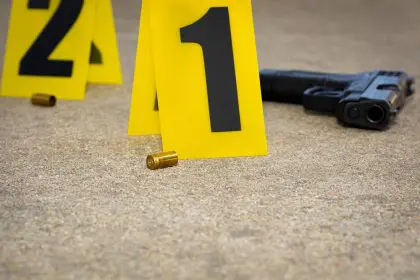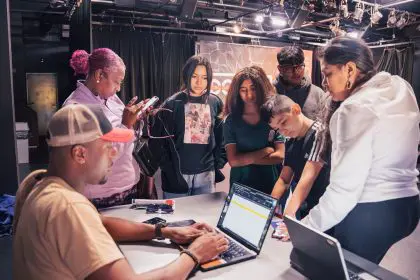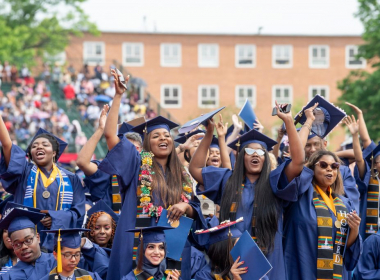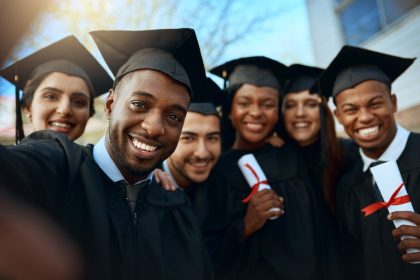
Mo Ivory is perhaps one of the best known legal analysts on CNN and talk radio. Ivory is a frequent guest host on “NewsOne Now With Roland Martin” and is recognized for her sharp legal mind. Rolling out was fortunate enough to speak with Ivory about crime and race relations in the United States today.
Over the course of the last two weeks, the nation has been rocked by the grand jury system in Missouri and New York that failed to indict the police officers who killed Mike Brown and Eric Garner. What have the last two weeks been like for you?
The last two weeks for me have been an emotional roller coaster. I have been angry, disappointed, exhausted, heartbroken, hopeless and then hopeful, and overall just sad about the state of affairs in our nation relating to racism and the exhaustion I feel about the condition of Blacks in America. The Eric Garner decision was a tipping point for me as it has been for most.
What is America missing about crime and race?
America is missing the deep rooted biases and prejudices people walk around with in America that are developed from your birth, your experiences, exposure and interactions. White America has never had a true honest conversation with Black America about the inherent prejudices that exist in our lives on a daily basis ranging from jobs, education, social interaction, family and friends. Until that happens and then individuals begin to address their personal biases, people won’t begin to change and police departments are made up of people, bringing all their biases and prejudices to work.
Why does the media paint anger as the only emotional state of the Black community?
Because that gets ratings and allows for a long run on one subject. Just the same way people are obsessed with reality shows and the drama that ensues; people have been having the same reaction to the riots and protesters. They watch TV to see people going wild or expressing themselves in extreme ways and it captures the attention the same way reality shows do. It just is more serious because it’s not scripted or made up for drama sake, it’s happening to real people. Additionally, Black people are always portrayed to have emotional reactions to injustices, rarely does the Black reaction turn into policy or legislative action. Hopefully, this movement will yield some change.
Why do you feel that people of all races are joining in the current police brutality protests? What does this say about America?
I think all races are joining in this time because of the video of Eric Garner. It was so clear that he was choked to death but still the officer was not indicted. I think that grand jury decision sent a message to the world that the criminal justice system in America can be manipulated for any desired result. That decision caused many to come out and protest and that caught the eye of the media and the world. The protests were then deemed “inclusive””diverse” and we began to see more attention paid to the issue of police brutality. I believe this says that other races are beginning to see the injustices Black men have been dealing with at the hands of police in a wider lens. Sadly, in America, it always takes white participation, diverse participation to bring an issue to the mainstream forefront.
Why is a jury most likely side with a police officer?
Because prosecutors have a very close relationship with law enforcement, working with them on a daily basis to solve cases and have criminals prosecuted. Normally, the criminal is not the police officer but in these cases, the person to be charged is an officer. That puts the prosecutor in the uncomfortable position of charging a police officer.
Why is prosecuting a police officer difficult?
Because they are a protected class. Protected by the prosecutor that would have to charge them, protected by the police department that can alter and discard evidence, and unions that protect officers from prosecution. It’s a very strong zone of protection that is filled with layers of police corruption, manipulation of the law, political agendas and money.
What would you suggest to young Black men confronted with a police experience that is escalating?
To be quiet, not to resist arrest, to keep their hands visible, to cooperate. It’s the only way to ensure their own safety.
What are three things you learned from your experience in the legal system about police brutality and police convictions?
I’ve learned that there is a culture in police departments that allows officers to exercise their police power with almost no oversight. I’ve learned that it is hard for any person to control an “out of control” police officer except another police officer. I’ve learned that it is very hard to prosecute a police officer and expect there will be criminal charges brought against that police officer. I’ve learned that a victim of police brutality that survives has a better chance of a monetary settlement than ever seeing the officer indicted. I’ve learned that our justice system is not just.
What can the Black legal professional do to help?
Continue to work their hardest in and out of the courtroom. I think it is so important for legal professionals to counsel in the community, attend town hall meeting and provide honest information about the system and ways that the black community can protect themselves in relationship to law enforcement. I think legal professionals like myself are forced to become political to spread the message about voting and the necessity for our community to serve as jurors which so many times could change the outcome of a trial and sentencing. The reason there are so many white people on juries is because black people look at jury duty as a chore, as a punishment, as something they don’t want to take the time to do. The lack of black people on juries directly affects the outcomes for so many black defendants.
The leaders of today’s protest are relatively unknown to the public. In fact you see no transformational figures like Dr. King coming out of the current protests. Why do you think that is and is it a good thing?
I think the reason you see no one leader emerging out of these protests is because of social media and the ability to spread messages so easily. Back in the day, the message was spread in churches, meetings and marches. Presently, the message is spread before you even get to the event, which I think is great. It allows for so many voices to emerge in leadership positions without there having to be one leader, one person instructing a movement. The idea that movements can be happening all over the country and world for that matter is exciting and honestly, very refreshing. New leaders, new ideas, new solutions.
Do you think that Rev. Al. Sharpton’s march on Washington on Dec. 13 will be effective in bringing about change? Why or why not?
I don’t know if that march will be effective, I hope it will. They have asked for very direct legislative changes and Rev. Sharpton has very strong relationships in Washington along with the Urban League, NAACP and other historic civil rights organizations. However, I do not believe that a march is what will change things. Local change is the only thing that will change biases and behavior. In the communities, at the local police departments, there have to be changes to police practices and consequences for those that don’t adhere. Officers have to be held accountable for their actions in local communities. Their livelihood, their pay, their jobs have to be on the line and they have to know they will suffer if they abuse their position. No federal legislation can change or monitor that.
What would you like to say to our readers in closing?
Vote and become involved in what is happening in your local community. You can vote out prosecutors that abuse their position; you can send messages by supporting candidates that are serving your best interests. You can decide who has the power in your community. Learn about how attorneys, judges and others are put in office and then follow what they do, so you can one by one get the bad ones out.

